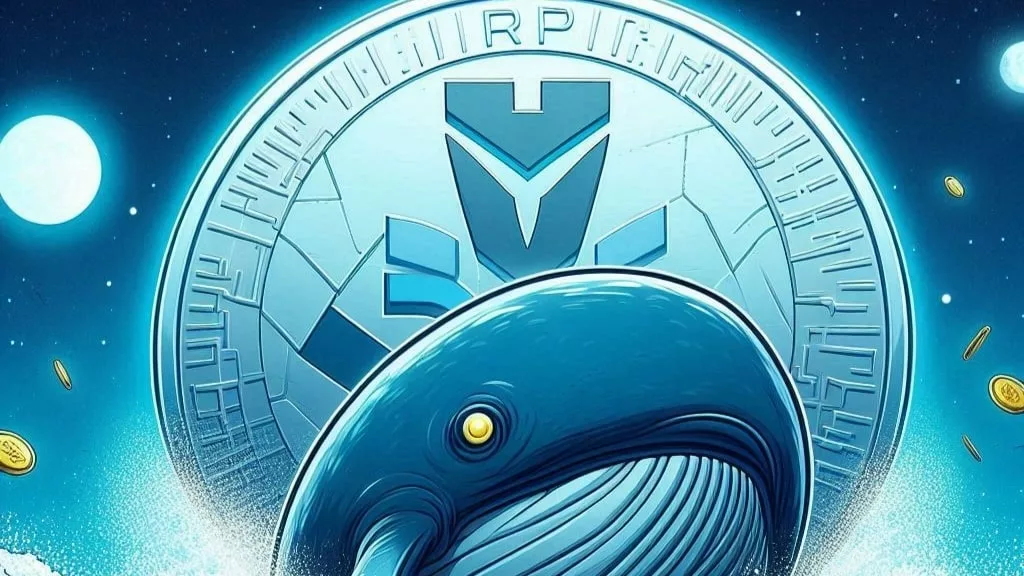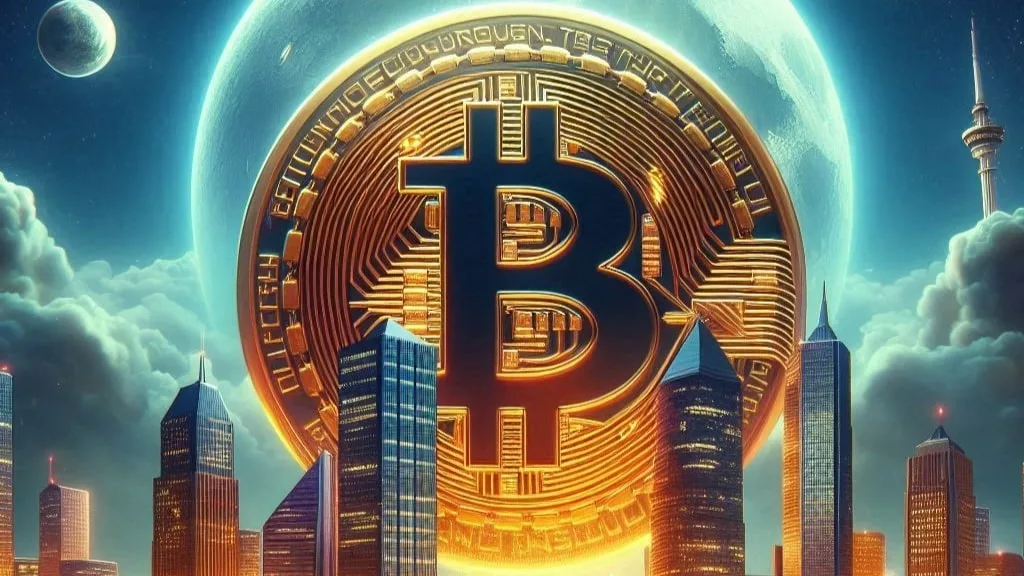
In the ever-evolving landscape of finance, blockchain technology is leading a revolution, promising lower fees and faster transactions that challenge traditional financial systems. Among the frontrunners in this disruptive wave is the XRP Ledger (XRPL), which offers some of the lowest transaction fees in the blockchain universe. With fees as low as $0.0002 per transaction, enthusiasts can execute up to 5,000 XRP transactions with just a single dollar. To put this into perspective, the same dollar wouldn’t even cover the cost of a domestic wire transfer at a U.S. bank, which charges an average fee of $30. The implications are clear: blockchain networks are shaking the foundations of traditional finance.
But XRP isn’t the only player in this game. Bitcoin and Ethereum, the giants of the crypto world, also command significantly lower fees than traditional financial systems. Bitcoin, often regarded as the premier cryptocurrency, boasts an average transaction fee of just $2.07. While this fee might not facilitate a full BTC transaction for $1, it still offers substantial savings compared to traditional banking methods. Ethereum, despite transitioning to a Proof-of-Stake (PoS) model, maintains a fee of $0.639 per transaction. Though this means you can only initiate one ETH transaction with $1, it’s important to note that you can still leverage the remaining $0.361 for up to 1,805 XRP transactions. This starkly illustrates the fee differential between Ethereum and XRP.
Moving beyond Bitcoin and Ethereum, we encounter other blockchain networks like Cardano (ADA) and Polygon (MATIC), both of which were built as PoS networks from their inception. Cardano, for instance, boasts an average transaction cost of 0.17 ADA, equivalent to $0.042. With this fee, you can execute a whopping 23 transactions on the Cardano network using just $1. While this figure falls short of the XRP Ledger’s capabilities, it still presents a compelling alternative to traditional payment systems.
Polygon, on the other hand, offers even more impressive figures than Cardano. This scaling solution, designed to alleviate gas fees on the Ethereum network and enhance transaction speed, currently maintains an average transaction fee of $0.0007. Although this fee is still 3.5 times higher than XRP’s, it allows users to initiate 1,428 transactions with just $1. The utility of Polygon lies in its ability to provide Ethereum users with a cost-effective and efficient alternative for conducting transactions.
As the financial world continues to embrace blockchain technology, the impact on traditional finance systems is becoming increasingly evident. These blockchain networks not only offer significantly lower transaction fees but also facilitate lightning-fast transactions. Whether it’s XRP, Bitcoin, Ethereum, Cardano, or Polygon, each blockchain network brings its unique value proposition to the table, challenging the status quo of traditional financial systems.
In conclusion, blockchain technology is reshaping the financial landscape by providing affordable and efficient alternatives to traditional payment methods. With low transaction fees and rapid transaction processing, blockchain networks are ushering in a new era of finance. As the adoption of cryptocurrencies continues to grow, traditional financial systems are facing unprecedented competition from these innovative blockchain networks. The future of finance is here, and it’s decentralized, cost-effective, and lightning-fast.




Get the latest Crypto & Blockchain News in your inbox.